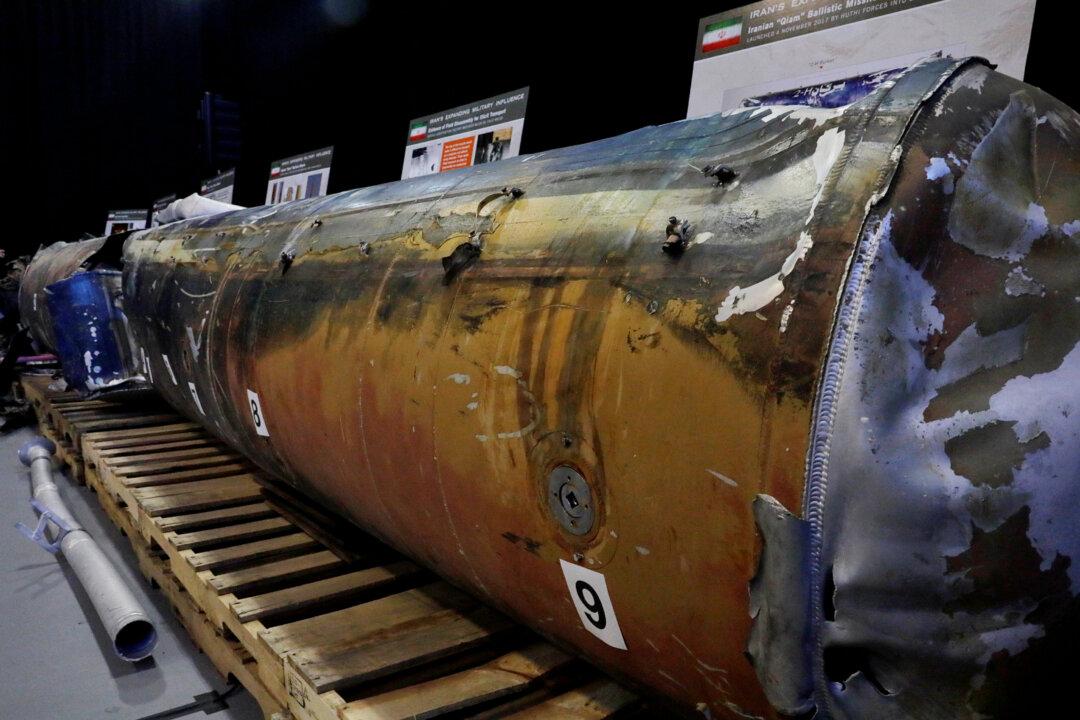Britain, the United States and France want the United Nations Security Council to condemn Iran for failing to stop its ballistic missiles from falling into the hands of Yemen’s Houthi group and commit to take action over the sanctions violations, according to a draft resolution seen by Reuters on Saturday.
The draft text to renew U.N. sanctions on Yemen for another year would also allow the 15-member council to impose targeted sanctions for “any activity related to the use of ballistic missiles in Yemen.” Britain drafted the resolution in consultation with the United States and France before giving it to the full council on Friday, diplomats said.





